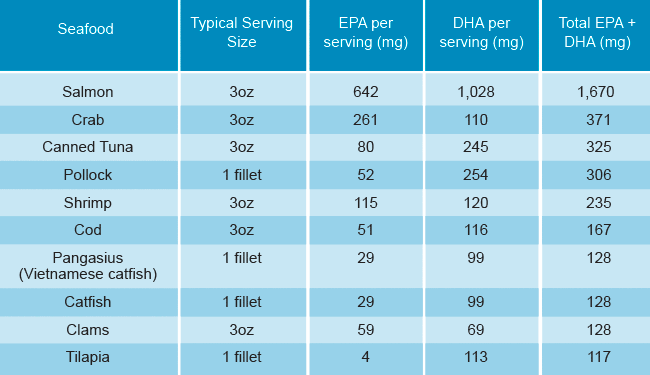Omega-3 Fish Oil may Help People Recover from a Heart Attack

Omega-3 fatty acids are associated with a ridiculous number of health benefits. They’ve been shown to protect against skin cancer and skin infections, and help to protect the brain from various damages. But perhaps the most well-known health benefit associated with omega-3 fats is heart health, with a new study suggesting that omega-3 fatty acids may also help heart attack patients recover by improving heart functioning and reducing scarring in the heart muscle.

There is some conflicting research concerning omega-3 fatty acids, but multiple studies have shown that these fats – particularly fish oil – prevent heart disease.
In fact, studies show that people in parts of the world who consume more fish have lower rates of heart disease and fewer heart attacks. (However, this isn’t necessarily the case for people who take fish oil supplements.)
For the study, Dr. Raymond Kwong at Brigham and Women’s Hospital and his colleagues studied nearly 360 people who recently had a heart attack. The individuals were randomly assigned to take 4g of omega-3 fatty acids or a placebo pill for 6 months.
That’s a fairly high dose; a 3 oz. portion of salmon contains anywhere from half a gram to 1g of omega-3’s.
Participants came in every 2 months for an MRI of their heart to track how much the muscle was changing.
After a person has a heart attack, part of the heart is typically starved for oxygen and never recovers. The remaining healthy tissue begins to compensate for the damaged tissue, but has to work harder to maintain the heart’s normal pumping function.
All that extra work can cause scar tissue and start to restrict even the healthy tissue’s ability to do its job.
Kwong and his fellow researchers found that participants taking the higher dose of omega-3 fats showed 6% less of this decrease in heart function than those taking placebo.
Additionally, individuals with the highest levels of omega-3 in their blood (people absorb it at different rates) showed the greatest reduction in scarring – 13% – compared to those with the lowest levels.
Omega-3 fatty acids continued to benefit the heart in a big way even after Kwong and his team accounted for the fact that all of the participants were taking standard heart disease treatment drugs, including statins to lower cholesterol and blood pressure medications.
Lower levels of inflammatory markers were observed in the people taking omega-3 supplements, leading the researchers to surmise that the fish oil may be working by reducing inflammation following a heart attack. [1]
Kwong said:
“Heart failure is still a major problem after a heart attack despite all the therapy we have. Our findings show that omega-3 fatty acids are a safe and effective treatment in improving cardiac remodeling, so it may be promising in reducing the incidence of heart failure or death, which are still major healthcare burdens to patients who suffer a heart attack.”
The findings are promising, but the researchers caution against heart attack survivors starting high-dose fish oil supplements on their own. Said Kwong:
“The medication we used was an FDA approved purified form of fish oil. Whether that has the same components as what one can buy as a dietary supplement remains to be further studied.” [2]
Sources:
[1] Time
[2] CBS News
